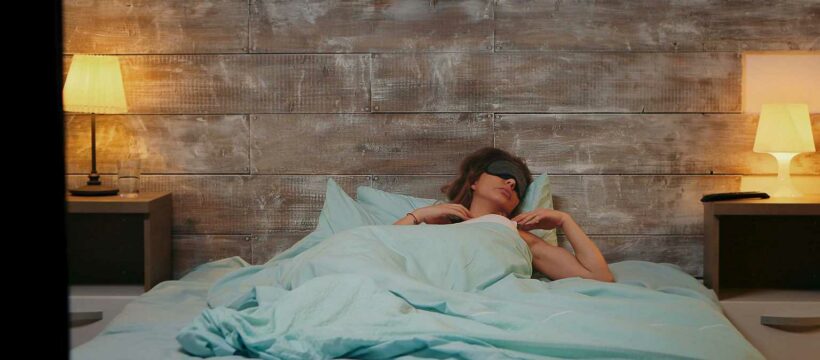SLEEP is a chance for us to rest and recuperate, helping our bodies recharge.
But if you sleep next to someone who natters during the night, it's likely you're suffering the next day.
Speaking to The Sun sleep scientist Theresa Schnorbach said around two in three people talk in their sleep at some point.
The guru explained that sleep talking is fairly common and is also known as parasomnia – or abnormal sleep activity.
She said: "It's usually harmless, but could potentially indicate a more significant sleep disorder or health problem."
Theresa who is working with Emma – The Sleep Company said sleep talking can occur during both REM and non-REM sleep, and can range from small murmurings to whole discussions with no recall.
Read more on sleep
I’m a sleep expert – here’s how to get quality snooze wherever you are
I’m a sleep guru – here’s how your bedtime can ‘up your risk of silent killers’
"Generally, sleep talking during the earlier non-REM stages can be easier to understand, whereas during later stage non-REM and REM sleep, sleep talking can sound more like moans and groans.
"The origins of sleep talking content remains a source of contention amongst research – it can be related to recent events in the sleeper’s life, or linked to dream activity," the expert explained.
What causes sleep talking?
While more research is needed to look into the causes of sleep talking, more often than not it is caused by a lack of sleep, Theresa said.
She explained that this can sometimes include a disruptive sleep environment such as the room temperature being too warm or too cold, or too much light entering from the outside.
Most read in Health
'Twindemic' explodes as hospitalised flu cases rise seven-fold and Covid soars
The 2 warning signs on your toes that mean you’re at risk of a silent killer
Desperate hospitals declare critical incidents & urge people not to call 999
At least 30 kids have died from Strep A in UK as cases of deadly infection grow
"Sleep talking risk factors include stress, sleep deprivation, and alcohol, but random isolated occurrences of sleep talking are rarely problematic.
"Mental health can also have an impact on sleep talking, with the condition being more common in those with underlying mental health conditions," she added.
In terms of who might be more vulnerable, she said sleep talking is thought to occur more frequently in those suffering from post-traumatic stress disorder (PTSD).
"Sleep disorders such as REM sleep behaviour disorder (RBD), and sleep terrors, lead some people to yell while sleeping.
"Sleep terrors, also known as night terrors, are characterised by terrifying screaming, writhing, and kicking. It's difficult to wake someone who is suffering a sleep terror," she explained.
Get help
Sleep talking can be diagnosed without the use of any testing, Theresa said.
"Sleep talking is not usually a cause for concern, however, should it begin suddenly as an adult or involve significant anxiety, screaming, or violent actions, this should be discussed with your doctor.
"You may need the help of a partner, roommate, or family member to help answer questions on how long you’ve been sleep talking and how it presents itself."
If you have symptoms of another sleep problem, your doctor may request testing such as a sleep study or sleep recording (polysomnogram), the expert added.
If you are worried about your symptoms, you should see your GP, in the event of an emergency, always calls 999.
Source: Read Full Article







